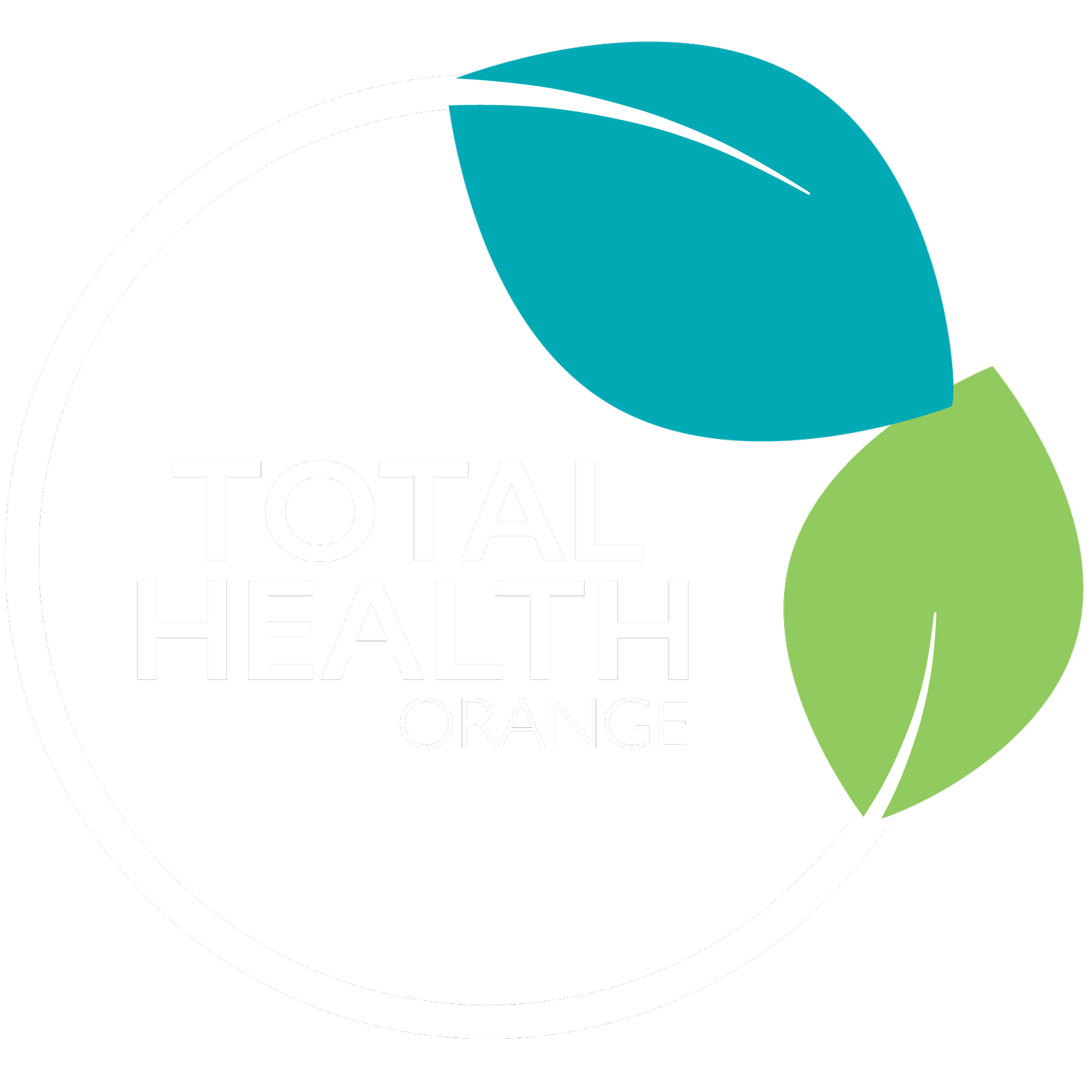Do you want to improve your mood, sleep, digestion and stress?
Your vagus nerve could be the answer!
What is the vagus nerve?
The vagus nerve is the longest cranial nerve in the body making it the largest part of our parasympathetic nervous system.
The parasympathetic nervous system assists our bodies with digestion, heart function, breathing, swallowing and controlling stress. We should operate in our parasympathetic nervous system 80% of the time. This system is otherwise known as our “rest and digest” fuel tank.
The alternative system is our sympathetic nervous system which is otherwise known as our “fight or flight” system.
This system is activated in emergencies or times of stress. When this system is activated, our bodies do the bare minimum to survive. The vagus nerve is inactive when in the "fight or flight" system. Hence sleep and mood decrease significantly due to the inactive nerve.
Image from Atlasbiomed.
Where is the vagus nerve?
The vagus nerve travels from the neck and goes to the stomach. Hence why it aids digestion and helps with the gut/brain connection (which we know to be so important to assist with mood, stress and our immune system).
Experts believe the vagus nerve has a strong link in improving depression, metabolic diseases and heart disease. How? By having a strong vagal tone.
Vagal tone
Strong vagal tone makes it easier to do things such as, relax after stressful events and manage inflammation in the gut.
Weak vagal tone means you’re more likely to experience some or more of the following:
Acid reflux
Bloating
Fainting
Wheezing
Hoarse voice
Poor mood
Poor digestion
Nausea
Abdominal pain
Constipation
Low immune system
High-stress levels
Below is a list of vagus nerve stimulation activities that can be performed daily in the comfort of your own home.
(Choose one and see how it helps.)
Simple throat exercises
Gargle water for 30 – 60 seconds
Hum your favourite song
Laugh
These techniques cause a vibration in the neck which directly stimulates your vagus nerve.
Cold water immersions
Have a cold shower or drink ice cold water. The cold water shock is similar to restarting a computer. It takes you out of the fight or flight zone, slows your heart rate and returns you to your rest and digest system.
Breath into your diaphragm and slow your breathing
Breathing is one way to slow your heart rate.
Stress increases our heart rate, so in order to calm your sympathetic nervous system and stimulate your vagus nerve, we need to decrease our heart rate. Extending your exhalation can work extremely well.
For example, blow up a balloon, or see how long you can make an “sssssss” sound with your lips and tongue. Extending your exhalation will ensure that you take a nice deep breath into your diaphragm.
Rub behind your ears
Image by wikihow.
As mentioned above, our vagus nerve sits in bundles behind your ears and travels into your stomach. You can massage gently behind your ears (like the image above). This will stimulate your vagus nerve and assist in returning you to your parasympathetic nervous system.
Receive vagus nerve stimulation
Our clinic specialises in pain relief devices that stimulate nerves to release chemicals required for the body to return to the parasympathetic state.
Image by Em and the Wild Things.
When to stimulate your vagus nerve?
Ideally you should complete some form of vagus nerve stimulation daily, however, it is most important to complete it when you are feeling the first signs of stress. I.e. Your heart rate is increasing, you are sweating, you feel your heat rising and you start getting butterflies in your stomach. If you can complete one of the above activities during these times, your stress response will improve significantly.
Stimulate the nerve daily…
Completing vagus nerve stimulation daily will improve your vagal tone and you should notice an improvement in your stress levels, ability to digest food, improve your immune system, mood, sleep quality, and frequency of urination.
Our team would be happy to discuss any issues related to this blog. Contact us to make an appointment or for more information on the services Total Health Orange offer, visit our website.



